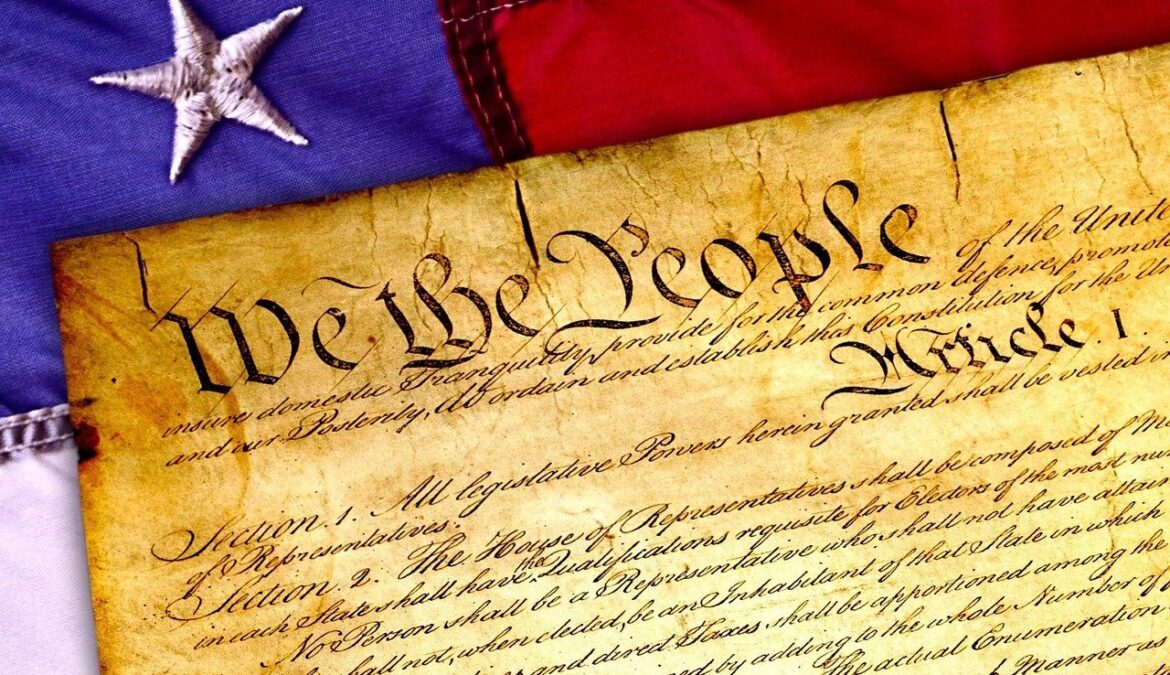The current administration led by Biden is downplaying the recent decision made by Fitch to downgrade the credit rating of the United States. Despite their claims of success in the Bidenomics approach, the prices of groceries and gasoline have not significantly dropped even though inflation has stalled its upward trend. The country’s existing debt problem, when ignored, puts the less fortunate at risk of financial hardship.
Michael Hicks, director of the Center for Business and Economic Research at Ball State University, said while most Americans understand the problem, “few appreciate the size or source of the issue.”
“For example, we could eliminate all foreign aid and the entirety of the military retirement pay and all Veterans Affairs benefits, and still not have balanced the budget last year,” he told The Center Square. Alternatively, we could eliminate the growth in Medicaid spending from the Affordable Care Act, and all (Temporary Assistance for Needy Families), (Supplemental Nutrition Assistance Program) and other cash assistance programs, and still not balance the budget.“
The States must take action to address this issue. The Constitution provides a means for the states to counter the inaction of Congress when it fails to address imminent danger. Article V provides a path to rectify the issue of uncontrolled spending.
Some critics have raised concerns that this could potentially damage the Constitution, as they have done for decades, but these critics offer no real solution other than recommending taxpayers contact legislators and demand action. What are the results of this approach? Both sides of the aisle keep “kicking the can down the road” resulting in higher interest payments and less available funds for services and research programs.
As noted in R. James Brieding’s recent article, “US needs Swiss-style constitutional ‘debt brake,’ ” America’s founders, by contrast, believed in the importance of fiscal responsibility and advocated for limited government spending and the avoidance of excessive debt. Alexander Hamilton argued that the government should have the authority to borrow money under the strict condition that “the creation of debt should always be accompanied with the means of extinguishment”. And Thomas Jefferson believed that “to preserve [the people’s] independence, we must not let our rulers load us with perpetual debt”.
Yes, it may take some faith to put confidence in a path that has never been used. But what is the risk if we don’t?

